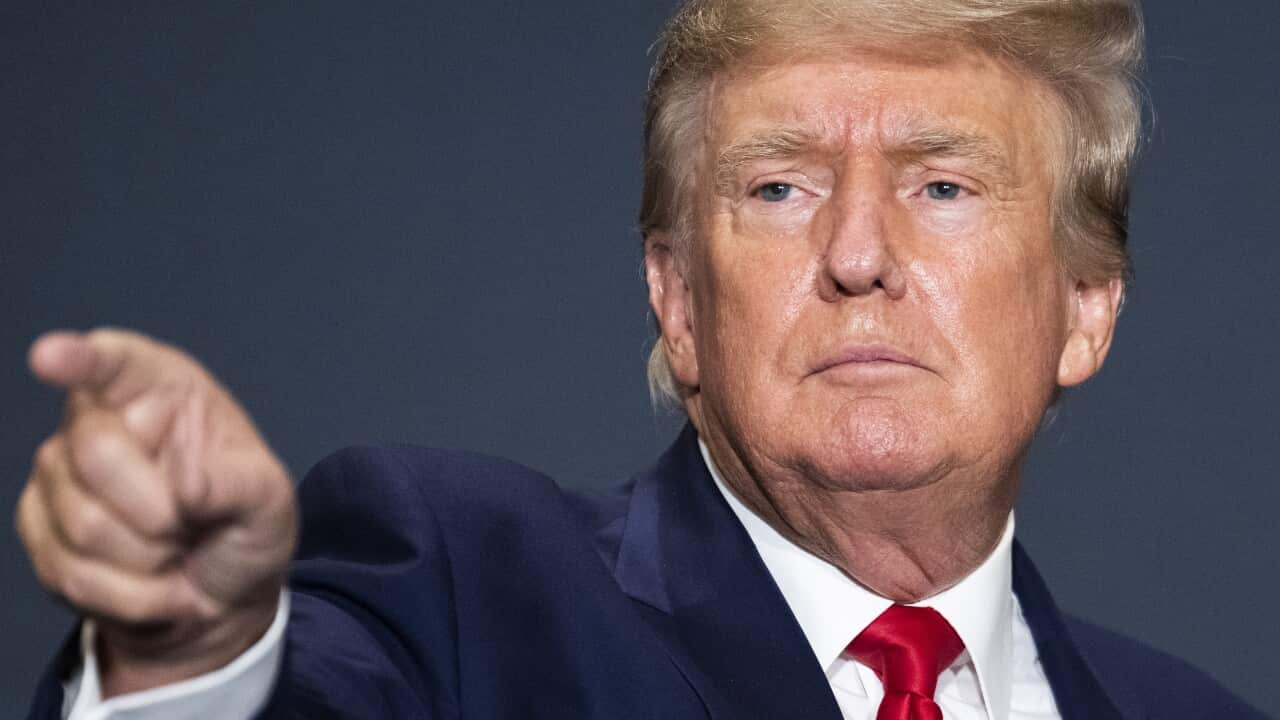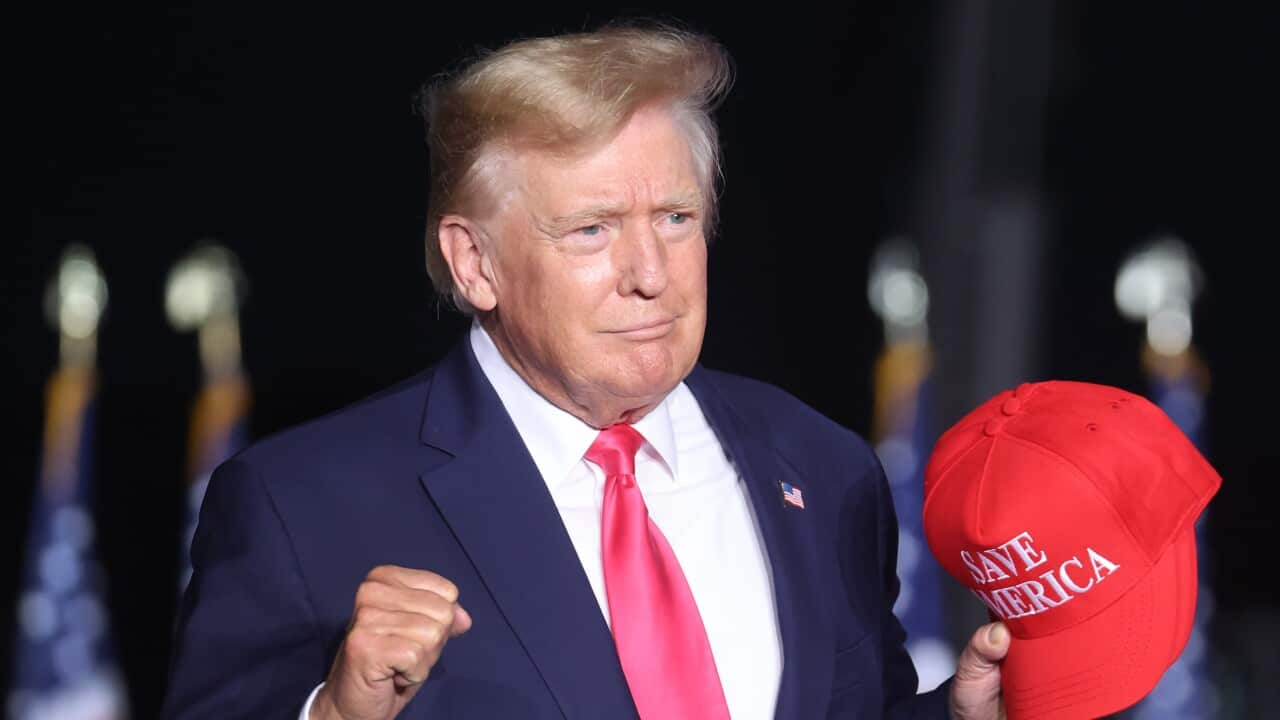FBI agents recovered records marked "top secret" during their search of former president Donald Trump's Florida estate, according to documents made public on Friday in a probe that includes possible violations of the US Espionage Act.
The warrant and related materials, unsealed by a Florida judge, showed agents took away with them a significant amount of classified files after the raid, which ignited a political firestorm in an already bitterly divided country.
The extraordinary search was partly based on suspicions of violations of the US Espionage Act related to the illegal retention of sensitive defence documents, the warrant showed.
Some of the papers were marked "top secret" and were "meant to be only available in special government facilities," said the unsealed seven-page federal court filing.
The filing contained a list of items removed from Mar-a-Lago, including information about the "President of France" and the warrant to search the palatial estate in Palm Beach.
The Justice Department had asked a federal judge to unseal the search warrant on Friday, barring objections from Mr Trump, who is weighing another White House run in 2024.
Mr Trump, 76, said he would not block the release of the warrant -- while complaining that he was the victim of "unprecedented political weaponization of law enforcement" by "radical left Democrats."

The receipt for property that was seized during the execution of a search warrant by the FBI at former President Donald Trump's Mar-a-Lago estate in Palm Beach, Florida, is photographed on Friday, 12 August 2022. Source: AAP / AP
The Wall Street Journal said within the 20 boxes of items carted away by FBI agents were binders of photos, a handwritten note and the grant of clemency made by Mr Trump to Roger Stone, an ally of the former president.
The Washington Post on Thursday cited anonymous sources close to the investigation as saying classified documents relating to nuclear weapons were among the papers sought during the raid.
Mr Trump himself appeared to deny the claim, posting that the "nuclear weapons issue is a hoax" and even suggesting that the Federal Bureau of Investigation might have been "planting information" at his home.
'Personally approved'
The highly unusual move to unseal the search warrant was announced by Attorney General Merrick Garland — the country's top law enforcement officer — who said he had "personally approved" the raid on Mr Trump's home.
Mr Garland said on Thursday he had asked for the release of the warrant because of "substantial public interest in this matter," giving Mr Trump and his legal team until Friday afternoon to oppose the motion, which they ultimately did not.
Leading Republicans have rallied around Mr Trump, and some members of his party have accused the Justice Department and FBI of partisanship in targeting the ex-president.
In an attack that appeared to be a direct response to the FBI search of Mar-a-Lago, an armed man tried to storm an FBI office in Cincinnati, Ohio, on Thursday.
The assailant, who was shot dead by police after exchanges of gunfire and an hours-long standoff, reportedly posted on Mr Trump's Truth Social platform that he hoped his actions would serve as a "call to arms."
Mr Garland on Thursday criticised what he called "unfounded attacks" on the FBI and Justice Department while FBI Director Christopher Wray, an appointee of Mr Trump, denounced "violence and threats against law enforcement."
The Justice Department typically does not confirm or deny whether it is investigating someone, and Garland took pains to emphasise the law was being applied fairly to Mr Trump.
In a statement on Thursday, Mr Trump said his attorneys had been "cooperating fully" and "the government could have had whatever they wanted if we had it."
In addition to investigations into his business practices, Mr Trump faces legal scrutiny for his efforts to overturn the results of the November 2020 election and for the 6 January 2021 attack on the US Capitol by his supporters.
Mr Trump was impeached for a historic second time by the House after the Capitol riot — he was charged with inciting an insurrection — but was acquitted by the Senate.












